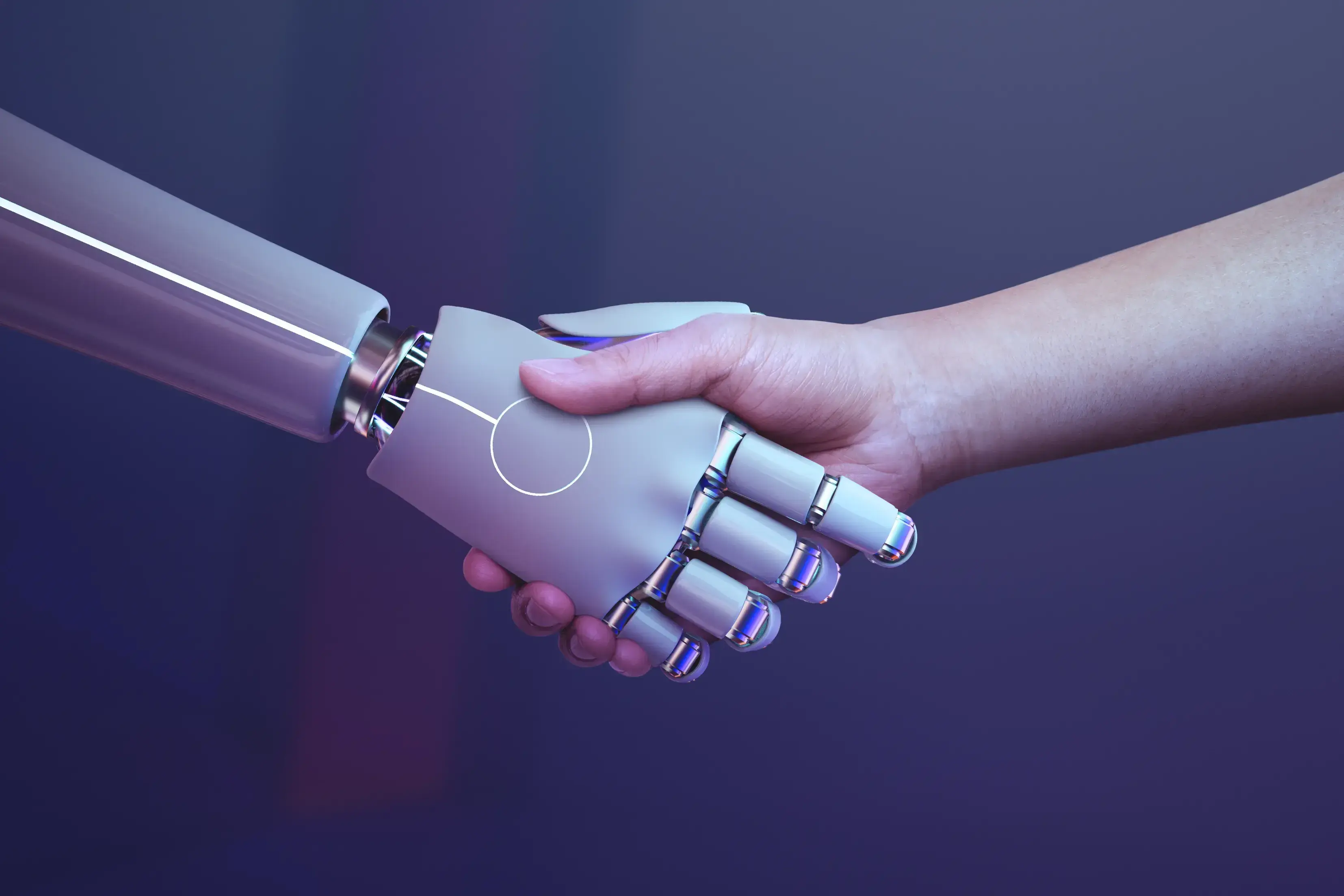In the realm of technological innovation, two terms often intermingle and sometimes even get used interchangeably: Machine Learning (ML) and Artificial Intelligence (AI). While these concepts are undoubtedly related and interconnected, they represent distinct facets within the broader landscape of technology and computer science.
Defining Machine Learning
Machine learning, at its core, is a subset of Artificial Intelligence. It involves systems and algorithms that enable computers to learn from data and improve their performance on specific tasks without explicit programming. In essence, ML algorithms utilize patterns and statistical methods to enable machines to progressively enhance their capabilities.
There are three primary types of machine learning:
-
Supervised Learning: This involves training a model on labeled data, where the algorithm learns from input-output pairs and predicts outcomes when given new input.
-
Unsupervised Learning: In this scenario, the model works with unlabeled data, attempting to find patterns or structures within the dataset without specific guidance on the output.
-
Reinforcement Learning: This type involves algorithms learning by trial and error through interaction with an environment. The system receives feedback in the form of rewards or penalties based on its actions.
Understanding Artificial Intelligence
Artificial intelligence, on the other hand, represents a broader concept encompassing machines or systems that can perform tasks that typically require human intelligence. AI aims to simulate human intelligence processes such as learning, reasoning, problem-solving, perception, and language understanding.
AI encompasses various technologies, including machine learning, but extends beyond them. AI involves, for example, expert systems, which are rule-based systems that emulate the decision-making ability of a human expert in a specific domain.
Key Differences
While machine learning is a crucial component of AI, the distinction lies in their scope and application:
-
Scope: Machine learning is a subset of AI, focusing specifically on enabling machines to learn from data. AI, on the other hand, encompasses a broader range of technologies and methodologies beyond just learning from data.
-
Application: Machine learning algorithms are applied to a wide array of tasks, from image recognition to natural language processing and recommendation systems. AI, however, encompasses these applications along with expert systems, robotics, and other areas simulating human intelligence.
Turn complex data into actionable insights—join Code Labs Academy's Data Science & AI Bootcamp to access the full potential of machine learning and artificial intelligence.

